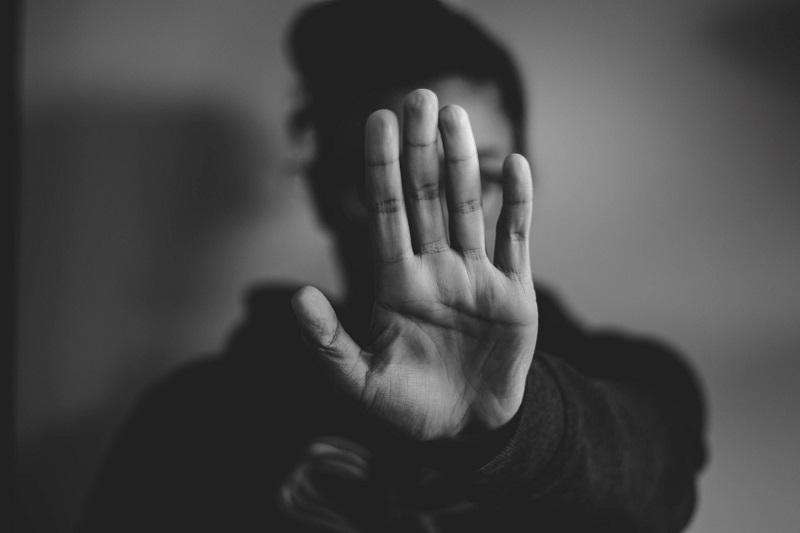
Japan raises age of sexual consent from 13 to 16, passes controversial LGBT law
Amid calls for greater protection of children and women, Japan’s parliament on Friday raised the age of consent from 13 to 16 as lawmakers passed key reforms to sex crime legislation. The limit had remained unchanged since 1907 and used to be among the world’s lowest.
Sexual activity below the age of consent is considered statutory rape. The limit is 14 in Germany and China, 15 in France, and 16 in Britain.
A new bill in Japan cleared the parliament’s upper house in a unanimous vote. It also criminalises voyeurism – referring to the practice of getting pleasure from secretly watching other people in sexual situations – and clarifies rape prosecution requirements.
Previous Updates Were Deemed Insufficient
It was back in 2017 when Japan last revised its criminal code on sexual offences, for the first time in 110 years. But a number of campaigners said the changes were insufficient. And two years later, a series of acquittals in cases of sexual abuse triggered nationwide protests.
Keep Reading
With the new law in action, teen couples no more than five years apart in age will not be prosecuted if both partners are over 13.
Under the previous law, prosecutors had to prove violence and intimidation made the victims unable to oppose. Critics argued the requirement in effect blamed the ones harmed in the incident for not resisting enough.
The new bill passed Friday includes a list of examples under which rape prosecutions can be made. These include perpetrators taking advantage of social status, victims being frightened, and being under the influence of alcohol or drugs.
According to the justice ministry, the bill also contains a new “visitation request offence”, under which people found using money, intimidation or seduction to coerce children under 16 to meet for sexual purposes will be penalised or imprisoned.
New LGBT Law Triggers Controversy
Separately, the parliament also passed a new law on Friday to raise awareness about LGBT issues which activists condemned for not guaranteeing equal rights for sexual minorities.
Japan is the only G7 member where the LGBT community doesn’t enjoy legal protections. While support for same-sex marriage has evidently been growing among the Japanese public, opposition remains strong within the governing Liberal Democratic Party.




